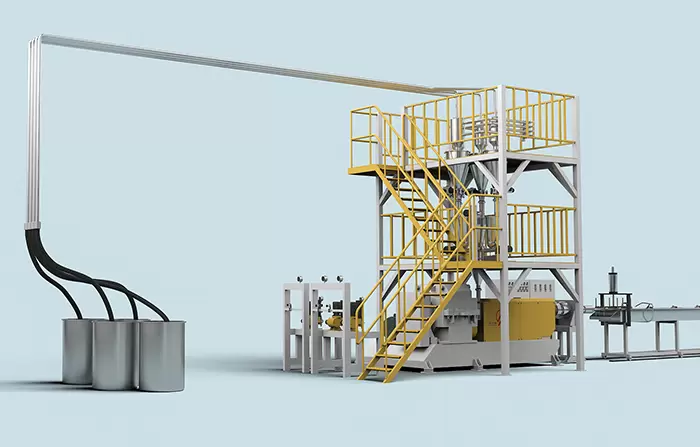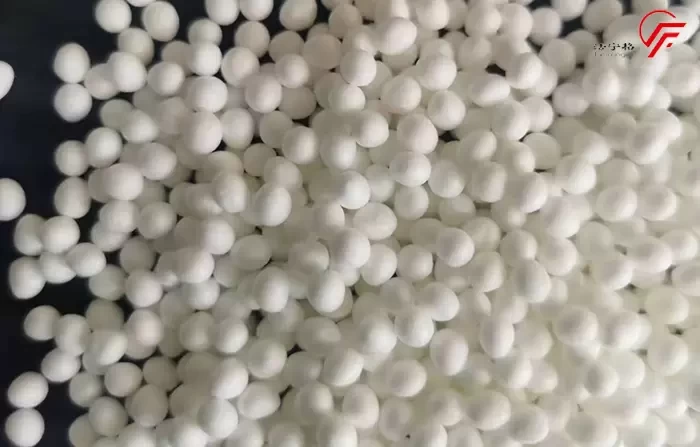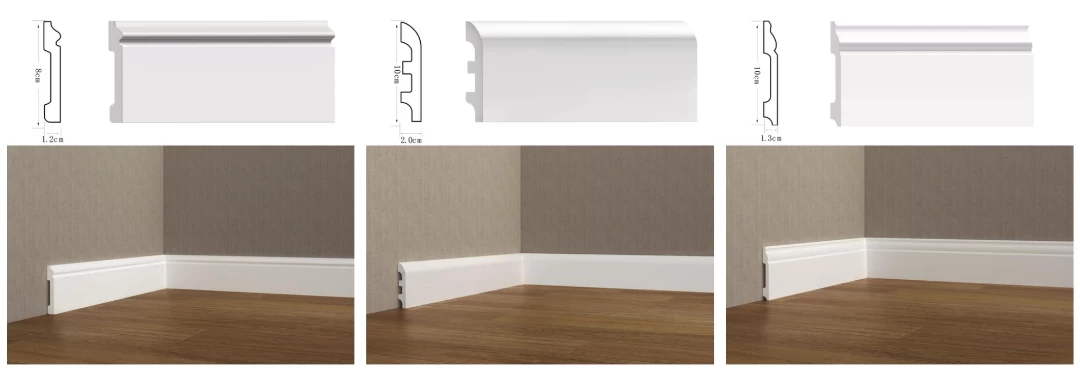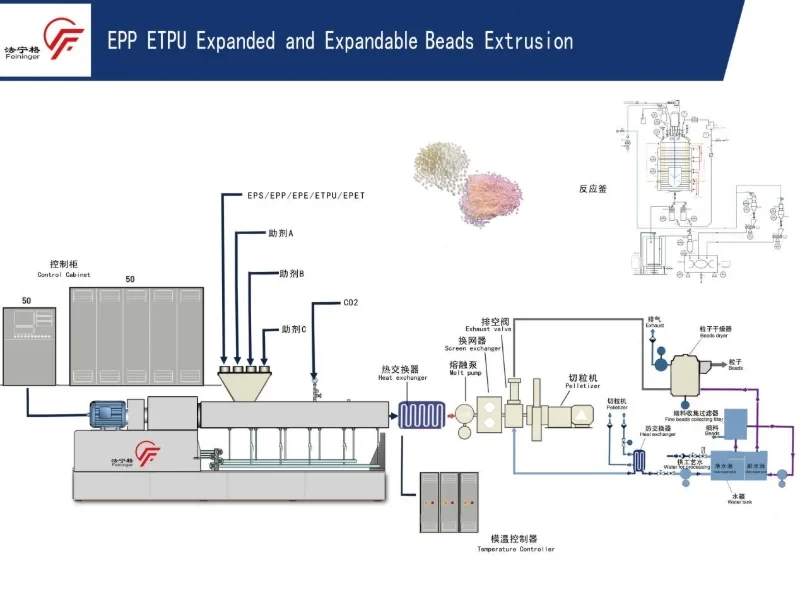Technology
16
May . 2025In the realm of architectural detail and interior finishing, decorative cornices play an essential role in elevating the visual appeal of both residential and commercial spaces. Traditionally made from gypsum, wood, or polyurethane, cornice production has often been labor-intensive and resource-heavy. However, with the introduction of the XPS Cornice Production Line developed by Feininger, the industry is witnessing a powerful transformation that blends efficiency, quality, and sustainability.

Extruded Polystyrene (XPS) has become increasingly popular in the construction and decorative industries due to its lightweight nature, durability, and thermal insulation properties. When applied to cornice manufacturing, XPS offers a compelling alternative to traditional materials. It’s easier to cut, mold, and install—making it a favorite among designers and installers alike.
Yet, not all XPS cornice production lines are created equal. Feininger, a trusted name in XPS extrusion technology, has taken this innovation a step further.
Feininger's XPS Cornice Production Line has been engineered with cutting-edge technology and deep industry insight, resulting in a system that delivers high performance, excellent output quality, and significant energy savings.
The production line begins with a scientifically designed feed system that ensures precise material input and consistent flow throughout the extrusion process. This consistency leads to uniform density and structure, which is critical in achieving the smooth finishes and precise profiles demanded by high-end decorative molding.
Environmental impact is a major concern in modern manufacturing. Feininger addresses this by incorporating a foaming agent injection system and heat exchanger that utilize 100% CO₂ foam, replacing harmful alternatives with an eco-friendly solution. This not only meets sustainability goals but also contributes to better foam quality and long-term material stability.
While Feininger XPS cornices are lower in density, they do not compromise on strength. Thanks to the proprietary XPS extrusion molding process, the final products maintain high compressive strength—perfect for resisting impact during transport, handling, and installation.
The production line is equipped with a scientifically designed low-power motor and efficient gearbox, resulting in low energy consumption without sacrificing output speed or quality. This intelligent engineering reduces operational costs and carbon footprint, making it a smart investment for forward-thinking manufacturers.
Feininger's value extends beyond machinery. With years of experience in extruded profile production, Feininger provides clients with comprehensive training and technical guidance. This ensures that every customer can confidently operate their equipment, optimize production, and avoid costly errors or production delays.
Whether you're launching a new cornice manufacturing line or upgrading an existing one, Feininger helps you avoid detours and get it right from the start.
In today's competitive market, the need for cost-effective, high-quality, and sustainable production methods is greater than ever. The Feininger XPS Cornice Production Line delivers on all fronts—enabling manufacturers to produce lightweight, durable, and visually appealing cornices at scale.
With advanced systems for feeding, foaming, molding, and energy-efficient operation, Feininger doesn’t just offer a production line—it offers a revolution in decorative molding manufacturing.
Ready to upgrade your cornice manufacturing with state-of-the-art XPS technology?
Partner with Feininger and experience innovation, efficiency, and lasting quality—all from a leader in extrusion systems.
Mobile Phonel: +86-13776668008
Email: market@feininger.cn
Website: http://www.xpsmachine.com/
Address: No.2 Zhonglin Road,TangshanIndustry Area,Nanjing City, JiangsuProvince,China
Latest News

 29 Sep 2024
29 Sep 2024 Applications of ETPU Foam Particles in Automotive and Industrial Products
In recent years, ETPU (Expanded Thermoplastic Polyurethane) foam particles have garnered significant attention across various industries, particularly in automotive and industrial applications. Known in the industry as "magic particles," ETPU is celebrated for its impressive properties, including high resilience, lightweight composition, and versatility.
 07 Dec 2023
07 Dec 2023 What are the commonly used decorative lines in decoration?
There are many different materials for decorative lines, and the lines of various materials have their own advantages and disadvantages. You can choose according to your needs and preferences.
 25 Apr 2025
25 Apr 2025 Exploring the Versatility of EPP Beads Foam Production Lines Across Different Industries
In recent years, Expanded Polypropylene (EPP) has emerged as one of the most innovative and environmentally friendly materials used in a variety of industrial applications. Known for its excellent properties, including lightweight, strong plasticity, and superior shock absorption, EPP is gaining traction across multiple industries.